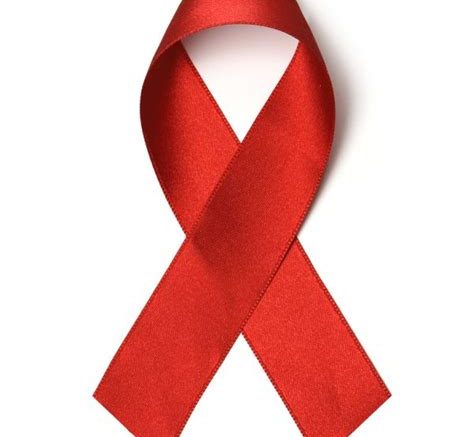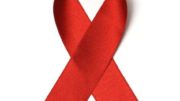With all the attention that has been paid over the last two years to Coronavirus it’s all too easy to forget the other ongoing pandemic, that of HIV/AIDS. As of last year, a total of 36 million people have died of AIDS since the disease first came to light in the early 1980’s.
Whilst in the West AIDS is no longer the death sentence that it once was, because of the introduction of various antiviral therapies which has turned AIDS into a chronic but still highly unpleasant and life limiting disease, for much of the world, this is not the case. In parts of Sub-Saharan Africa AIDS is still spreading at an alarming rate and this spread is happening in countries where medical systems are poor to non-existent. In 2018 61% of the AIDS cases were from this region. South Africa has 7 million people who are HIV positive and Tanzania has 4.5% of its 15 to 49 year old population who are HIV positive.
The UK is in a better position both as regards to other nations and when compared to when AIDS first hit the UK. There are under 95k Britons currently being treated for HIV/AIDS related conditions. Unlike in Africa where HIV/AIDS predominantly heterosexually transmitted in the UK the bulk of the 64k men who are HIV positive or who have AIDS related conditions are gay and bisexual men. As this represents a smaller percentage of the population as a whole this means that HIV/AIDS is not as prevalent in Britain in general as it is in some other countries.
It upsets me greatly to see that HIV/AIDS, although now very much a survivable disease in the UK, is still a problem for the Gay and Bisexual communities as HIV/AIDS is preventable by the use of condoms and where appropriate the administration of post exposure prophylaxis. As someone who grew up during the first wave of HIV/AIDS in the UK I find it utterly infuriating that much of the hard work that was done by earlier generations of gay and bisexual men to get people to have safer sex is apparently being ignored by the younger generation. Maybe this is because HIV/AIDS is now able to be stabilised by drug therapy and is no longer seen as a condition for which there is no cure. Good though the treatments are, I still believe that it is far better to avoid HIV/AIDS than to contract it.
Better treatments and behavioural modifications are all that we have at present to tackle a disease that has killed more people than Covid has. Covid has killed over 5 million people whilst HIV/AIDS has killed 36million but the difference between HIV/AIDS and Covid is that Covid has killed 5 million in a relatively short amount of time when compared to HIV/AIDS. Also we have vaccines that protect people from serious covid related illnesses whereas there are no vaccines for HIV/AIDS.
While acknowledging that better post-exposure treatments and pre-exposure behavioural modifications have gone a long way to slowing down the spread of HIV/AIDS, the ultimate weapon would be a vaccine against HIV/AIDS. Unfortunately unlike with Covid, HIV/AIDS doesn’t help us by having the handy things that Covid has like relatively slow mutation rates which is what makes vaccines against Covid a viable prospect. HIV/AIDS mutates ferociously meaning that there is a massive diversity of HIV virus sub-types and also a massive diversity in how the human body deals with this pathogen. There’s also no solid animal model for HIV/AIDS vaccines that can be analogous to the human body. We are a long way off from an HIV/AIDS vaccine. So far every vaccine has failed to protect those who have volunteered to take it from HIV/AIDS even if the vaccine prospects looked hopeful in the in vitro or in animal in vivo tests.
In the absence of a potential vaccine for HIV/AIDS, if we are to reduce the impact of HIV/AIDS then health organisations and health related charities need to get HIV/AIDS medications to the places and the people that need them. Those who are interested in this subject also need to become more active in persuading people close to us to choose safer sex practises, just as gay men did the same for their community all those decades ago.
Some of us have seen the devastation that HIV/AIDS brought and want to see that devastation reduced to its lowest possible number using the tools and knowledge that we have today. A vaccine is a long way off, probably another two or three decades or more, therefore it is up to us to be responsible and not let this horrible still crippling and sometimes lethal disease continue to spread.
This piece is in memory of my friend ‘W’ who sadly became one of the 36 million during the late 1980’s.




